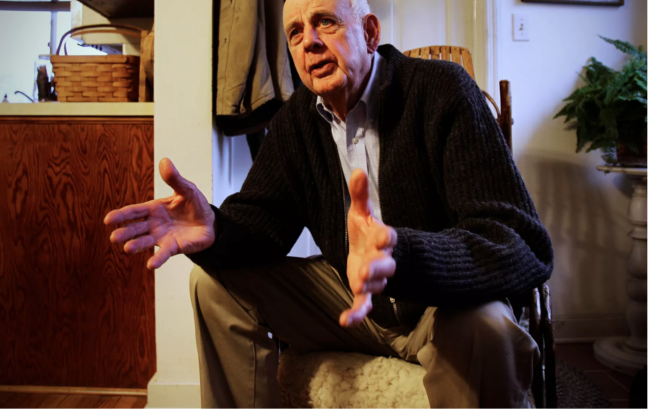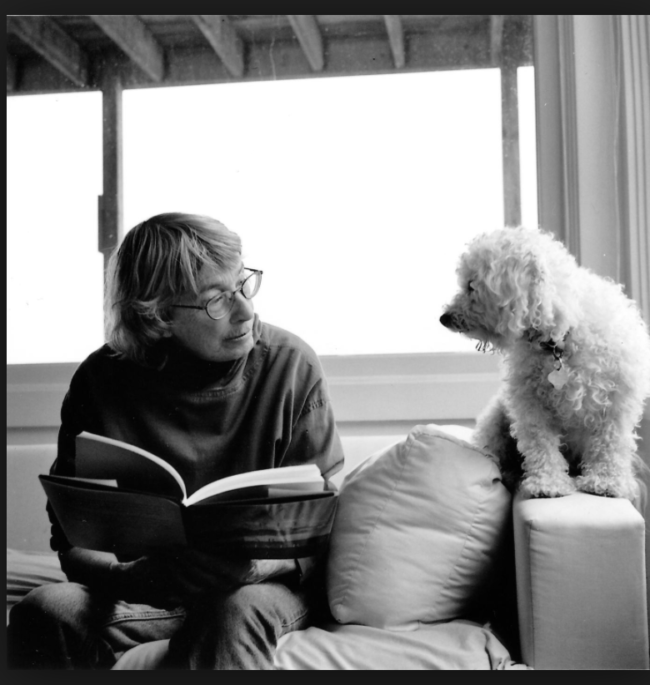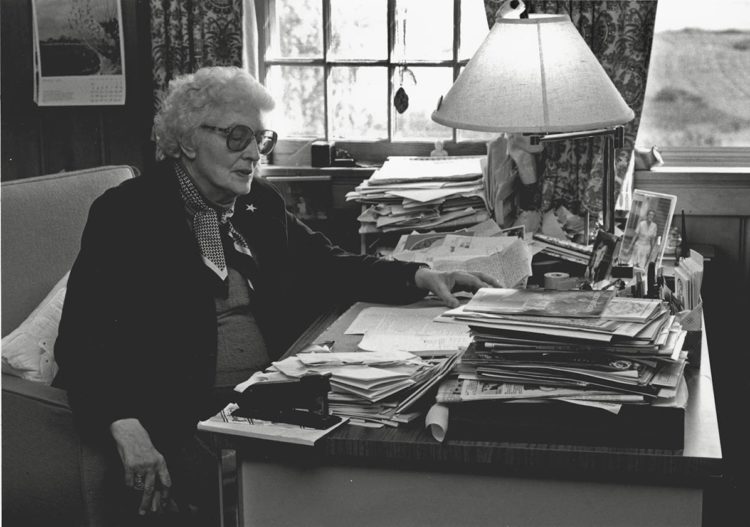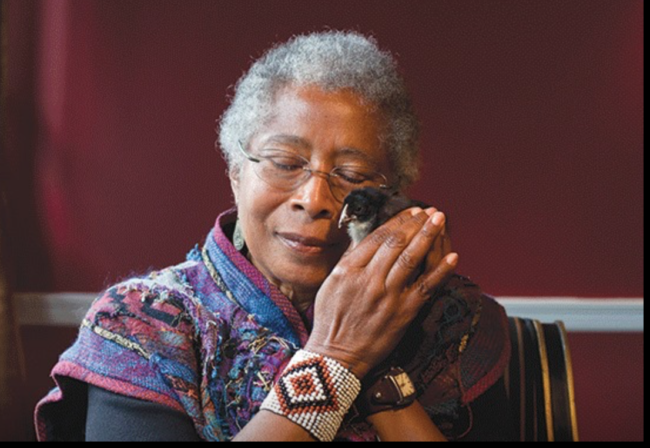For poems are not words after all, but fires for the cold, ropes let down to the lost, and sometimes as necessary as bread in the pockets of the hungry.
—Mary Oliver
To paraphrase Oliver, poetry isn’t just an art form, but a powerful medicine. Poems are a reminder when we are hurting that there is beauty in the world, and when we read a poem that speaks to us, we realize we are not alone. When we lack the words for coping with upset and trauma, a poem can supply those words, lifting our confusion and giving meaning to our existence.
Among my favorite poems that deliver inner peace and deep reflection:
Emily Dickinson’s “Hope is the Thing with Feathers”
Hope is the thing with feathers
That perches in the soul.
And sings the time without the wounds
And never stops-at all
In “Now I Become Myself,” May Sarton reminds me of the gifts of aging.
Now I become myself. It’s taken
Time, many years and places;
I have been dissolved and shaken . . .
All fuses now, falls into place
From wish to action, word to silence,
Alice Walker’s poem, “Calling All Grandmothers,” emboldens me:
We have to live
differently
or we
will die
in the same
old ways.
Therefore
I call on all Grand Mothers
everywhere
on the planet
to rise
and take your place
in the leadership
of the world
Mary Oliver’s Wild Geese,” serves as a reminder that everyone has value:
Whoever you are, no matter how lonely,
the world offers itself to your imagination,
calls to you like the wild geese, harsh and exciting —
over and over announcing your place
in the family of things.
In “No Voyage” Oliver casts a challenge:
All summations have a beginning, all effect has a story, all kindness begins with the sown seed.
Thought bud towards radiance. The gospel of light is the crossroads of –indolence, or action.
Be ignited or be gone.
Rumi’s brevity awakens my soul:
Wear gratitude like a quote and it will feed every corner of your life.
The work of the eyes is done.
Go now and do the heart-work of the images imprisoned within you.
In “To Know The Dark,” Wendell Berry spins haunting visions for living bravely:
To go in the dark with a light is to know the light.
To know the dark, go dark. Go without sight,
and find that the dark, too, blooms and sings,
and is traveled by dark feet and dark wings.

Wendell Berry at his home in Port Royal Kentucky 2011. He writes in pencil since he doesn’t own a computer.
Auden’s poem, “September 1, 1939,” written on the outbreak of World War II, once again becomes relevant as we respond to the devastation Palestinians are experiencing.
Defenseless under the night
Our world in stupor lies.
Yes, dotted everywhere,
Ironic points of light
Flash out wherever the Just
Exchange their messages.
May I, composed like them
Of Eros and dust,
Beleaguered by the same
Negation and despair
Show an affirming flame.
“If I Must Die” by Refaat Alaneer is an example of how poems live on when a beloved poet dies. Alaneer, a Palestinian poet and teacher was murdered by Israel on December 7, 2023.
If I must die,
you must live
to tell my story
to sell my things
to buy a piece of cloth
and some strings,
(make it white with a long tail)
so that a child, somewhere in Gaza
while looking heaven in the eye
awaiting his dad who left in a blaze—
and bid no one farewell
not even to his flesh
not even to himself—
sees the kite, my kite you made, flying up
above
and thinks for a moment an angel is there
bringing back love
If I must die
let it bring hope
let it be a tale.





